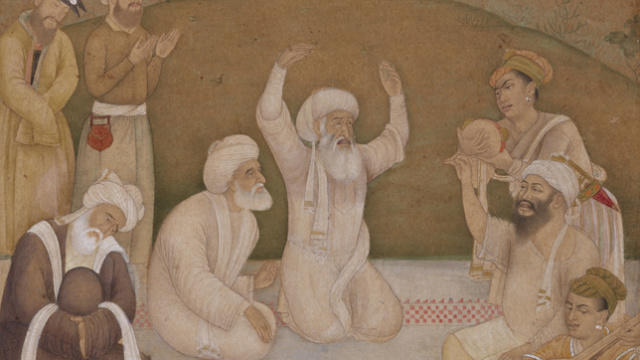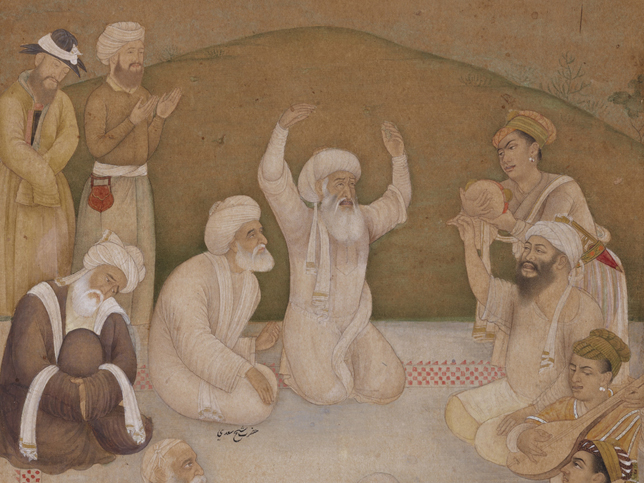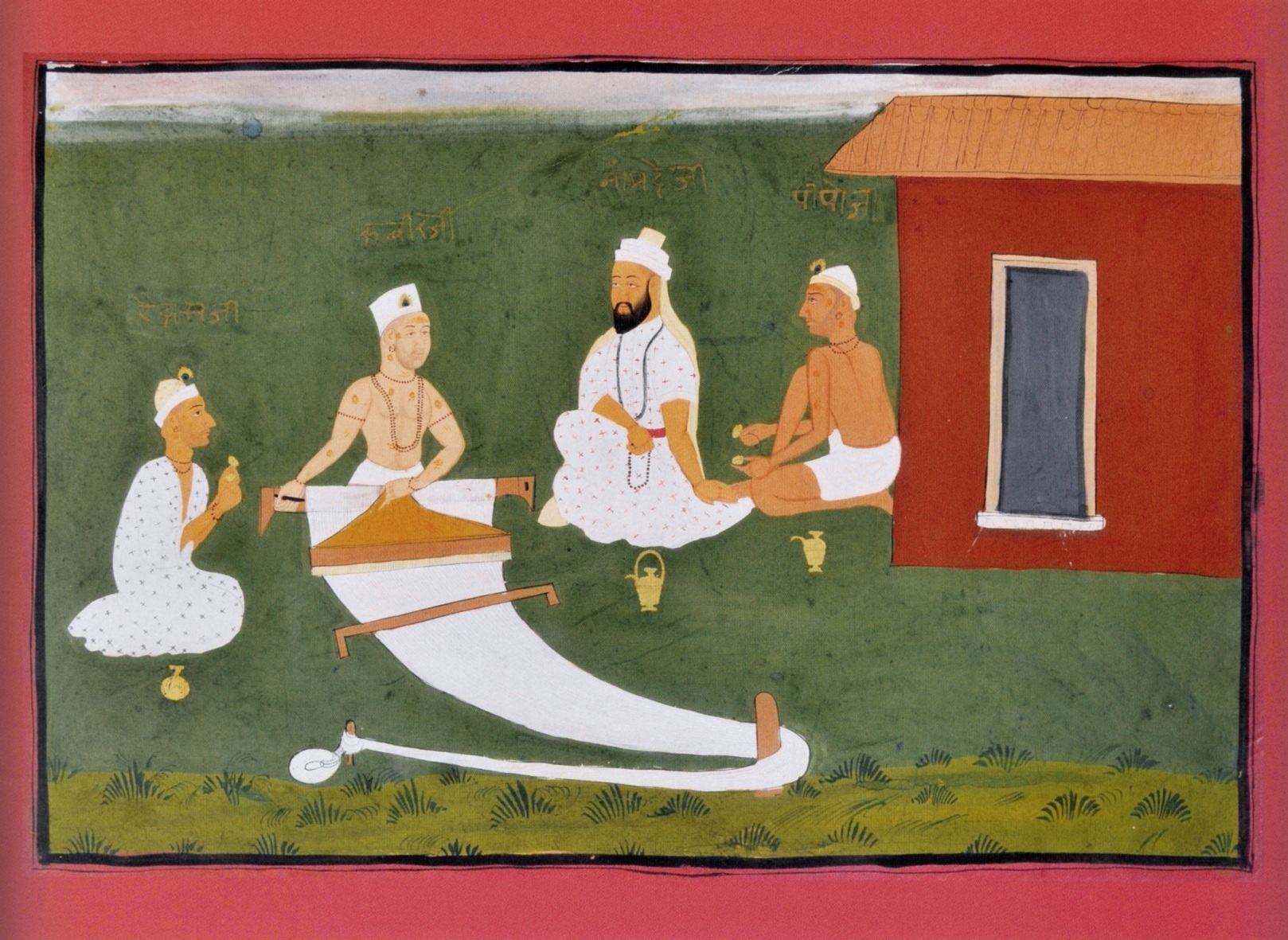Stories have been part of all mystical traditions and have been used over the years not only for entertainment but for sharing the greatest lessons of life. Their pedagogic relevance becomes abundantly clear when we read them casually but retain their essence for an entire lifetime- the simple yet sharp style of writing, the narrative of everyday life and characters that are relatable make them an extremely popular medium. Here is an impactful story told by Persia’s greatest Mystic Poet-Philosopher Jalaluddin Rumi on the fragrance of true knowledge and the arrogance of accomplishment.

Ali was a philosopher who thought he knew all there was to know. Everyone agreed that he had a broad knowledge of the sciences and the arts, yet he insisted on bragging to one and all that he was the smartest man in town. Ali’s friend Sam was bothered by the arrogance and tried hard to make Ali see the world around him with open eyes. His arguments, however were unproductive. After taking over the matter with a sailor he knew, Sam decided to encourage Ali to go on a sea voyage. Such a trip would show Ali other ways of life and expose him to difficulties he would otherwise not experience. To his surprise, liked the idea, and so the arrangements were made. Once at Sea, Ali talked Philosophy with the sailors. The skipper listened patiently for a while without saying a word, but finally he interrupted to complain that he was bored by his talk.
“Do you know anything about Philosophy?” Ali asked.
I am afraid not,‛ the skipper replied.
What a shame, ‛said Ali, shaking his head, ‚for half of your life has been wasted, not having such knowledge.
The skipper let that comment goes unanswered and kept busy steering the ship.
They sailed for day. Ali was enjoying himself, talking most of the time.
He was so busy explaining his ideas on how governments should run their countries and how leaders should address problems that he did not bother to learn anything about sailing.
Even when they cast anchor alongside a small island for a change of pace, Ali did not know how to swim, did not take advantage of the calm waters to ask him sailor friends for swimming lessons.
Neither did he care to ask any questions about their life at sea.
The next night, while they were in mid ocean, heading back home, the captain started to get worried. There were unmistakable signs that a storm was on the way. The crew prepared to face the emergency. Only Ali remained calm in his cabin, his mind occupied with loftier matters.
The wind blew hard, wresting control of the ship from the captain’s hands. The sailors, panicking, were thrown from side to side as the vessel pitched in the swells. There was so much water on the deck from the heavy rain and giant waves that the ship was riding noticeably low in the water.
The skipper shouted for the crew to prepare ro abandon the ship. The ship’s only lifeboat was lowered into the water, and soon it became obvious that it would not hold all the men. The skipper and several sailors were preparing to jump into the open sea and take their chances at swimming.
It was then that the skipper remembered Ali. He asked one of the sailors to find him. Ali was holding on to his cabin door, trying to maintain his balance. The sailor screamed at him,‛ Hurry up, we must abandon the ship. It is sinking!‛ Ali, confused, was helped to the deck. The skipper hollered, ‚Do you know how to swim?‛ ‚No!‛ Ali shouted back.
The skipper shook his head. ‚What a shame, for all of your life has been wasted, not having such knowledge.‛ The skipper and his crew were saved that night by another vessel after the storm subsided. Even Ali was rescued. With the help of a couple of sailors who kept his afloat. From that day on not a peep was heard from Ali about his vast knowledge of philosophy.
A few years after the incident, Ali presented a gift to the skipper, who was now a close friend of his. It was a framed painting of a ship in a stormy sea. A couplet was inscribed beneath the picture: Only empty objects remain on top of the water. Become empty of human attributes, and you will float on the ocean of creation.
This article is published in The New Leam, JULY 2017 Issue( Vol .3 No.26) and available in print version. To buy contact us or write at thenewleam@gmail.com














